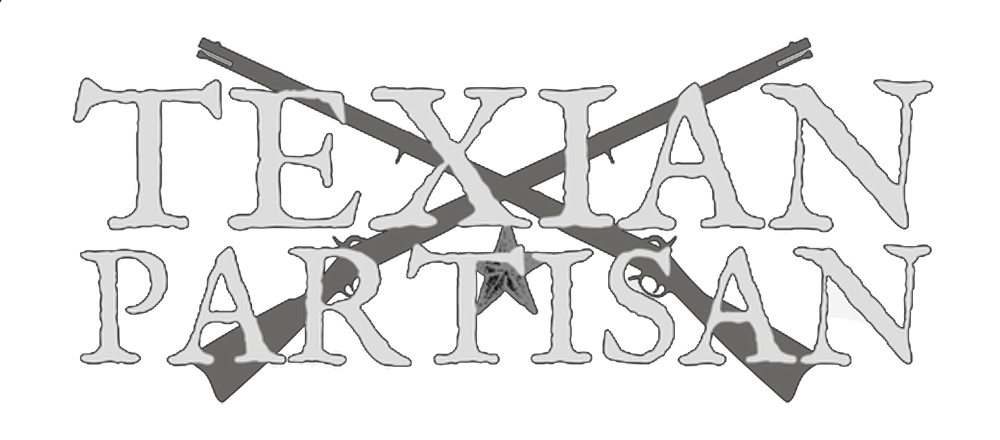The Alberta Prosperity Project has officially filed a citizen initiative application with Elections Alberta seeking a constitutional referendum on independence from Canada — a move that should sound familiar to Texans who have been fighting for their own vote on self-determination.
On July 4th, Alberta Prosperity Project CEO Mitch Sylvestre, along with Co-Founder Dennis Modry and General Counsel Jeff Rath, submitted their application to Elections Alberta. The proposed referendum question is direct and unambiguous: “Do you agree that the Province of Alberta shall become a sovereign country and cease to be a province of Canada?”
The Constitutional Roadblock
Much like the roadblocks we’ve seen in Texas, Alberta’s path to a referendum isn’t without its hurdles. Alberta’s Chief Electoral Officer, Gordon McClure, has referred the application to the Court of King’s Bench under Section 2.1(1) of the Citizen Initiative Act. The court must determine whether the proposal complies with constitutional requirements — specifically, whether it contravenes sections 1 to 35.1 of the Constitution Act, 1982.
Jeffrey Rath, the APP’s General Counsel, didn’t mince words about the referral, calling it “an apparent delay tactic” and pointing out the obvious question: “how can a question that strictly complies with s. 1(3) of the Clarity Act be ‘unconstitutional’?”
Sound familiar? We’ve seen similar tactics employed against Texas independence efforts over the years.
A Lower Bar for Success
Here’s where Alberta has an advantage that Texans might envy. Recent amendments to Alberta’s Citizen Initiative Act, effective July 4, 2025, reduced the signature threshold for constitutional referendums to just 10% of votes cast in the previous provincial election. That translates to approximately 177,000 signatures — a far cry from the millions that would be required in Texas.
The APP claims to have 20,000 volunteers ready to collect signatures and over 250,000 pre-pledged supporters. If their numbers hold up, they estimate gathering the required signatures within a month of approval.
Economic Independence on the Horizon
The Alberta Prosperity Project has released a fiscal plan titled “The Value of Freedom” that projects some eye-opening possibilities for an independent Alberta. According to their analysis, independence could eliminate personal and corporate income taxes, remove the GST entirely, and generate annual surpluses between $23.6 and $45.5 billion.
Their plan includes ramping up oil production to 10 million barrels per day and establishing a new currency backed by gold, oil, and Bitcoin. It’s an ambitious vision — one that demonstrates what’s possible when a resource-rich region stops sending its wealth to a distant capital.
The Opposition Response
As expected, the pro-federal forces aren’t sitting idle. A competing citizen initiative, led by Thomas Lukaszuk and approved on June 30th, asks the opposite question: “Do you agree that Alberta should remain in Canada?” This petition requires approximately 600,000 signatures — a much higher bar than the independence question.
Both petitions can run simultaneously, setting up what could be a fascinating test of Alberta’s political will.
Lessons for Texas
Alberta’s initiative offers several lessons for Texas independence advocates. First, it demonstrates the power of legislative strategy. The APP succeeded in getting the signature threshold lowered through Bill 54, showing how targeted legislative action can create opportunities for self-determination movements.
Second, it highlights the importance of organization and preparation. The APP didn’t just file their application — they built a volunteer network and secured pre-pledged support before taking action.
Most importantly, it shows that the desire for independence isn’t unique to Texas. From Alberta to Catalonia to Scotland, people around the world are questioning whether distant, unresponsive governments truly serve their interests.
What Comes Next
The Court of King’s Bench will now determine whether Alberta’s independence question can proceed. If approved, the APP will have 120 days to collect the required signatures. Should they succeed, Alberta would hold a binding referendum that could trigger negotiations under Canada’s Clarity Act.
For Texans watching from the south, Alberta’s initiative represents both inspiration and instruction. It demonstrates that organized, strategic efforts can overcome the political establishment’s resistance to self-determination. More importantly, it demonstrates that the principles that drove our own Texas Revolution — the right of a people to govern themselves — remain as relevant today as they were in 1836.
Whether Alberta succeeds or fails, their effort reminds us that the question isn’t whether people have the right to self-determination. The question is whether they have the will to exercise it.
And judging by what’s happening north of the border, that will is very much alive.



Let’s hope that once they are successful, Trump doesn’t steal all of Alberta and put it on the DC Plantation!